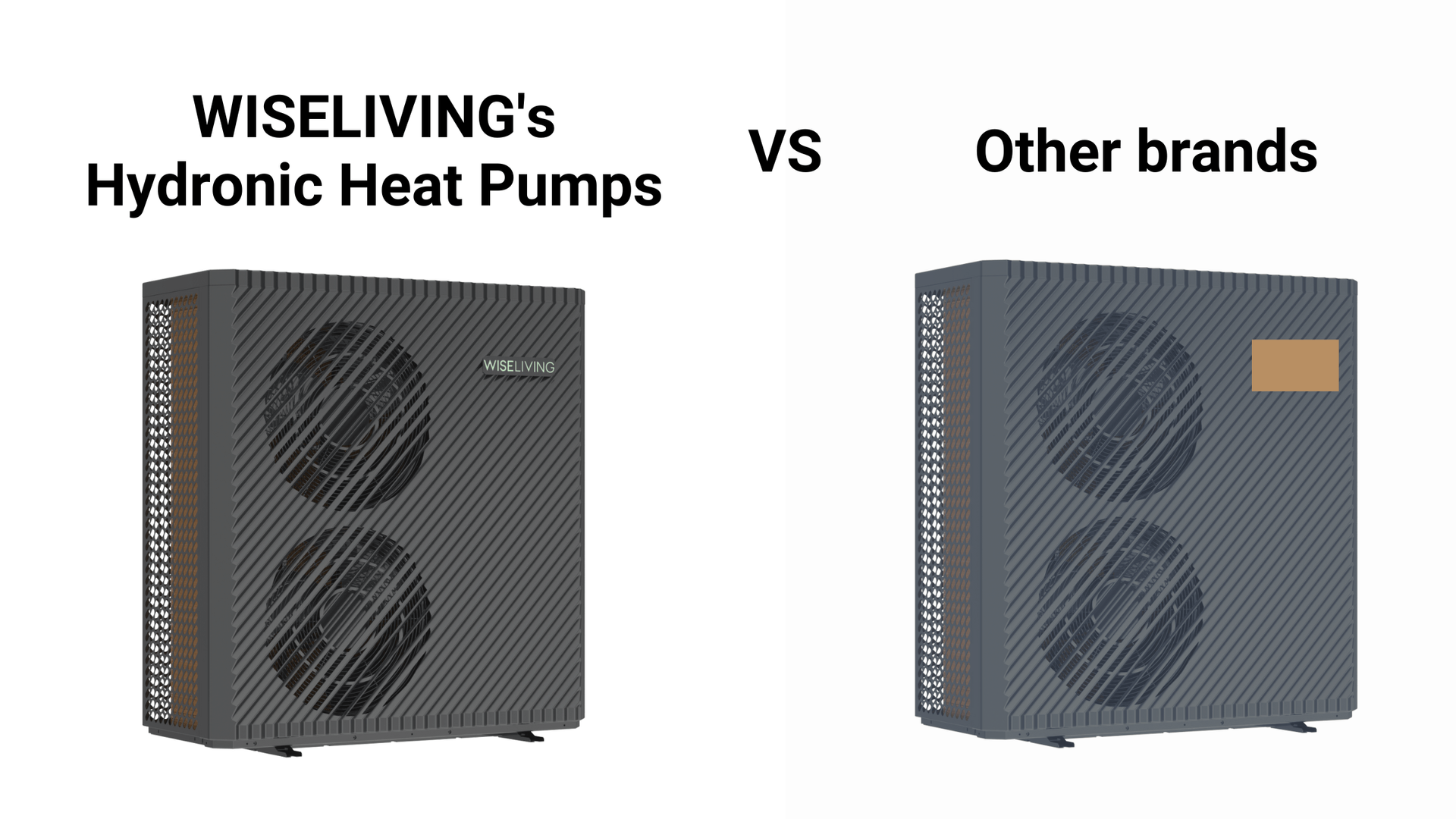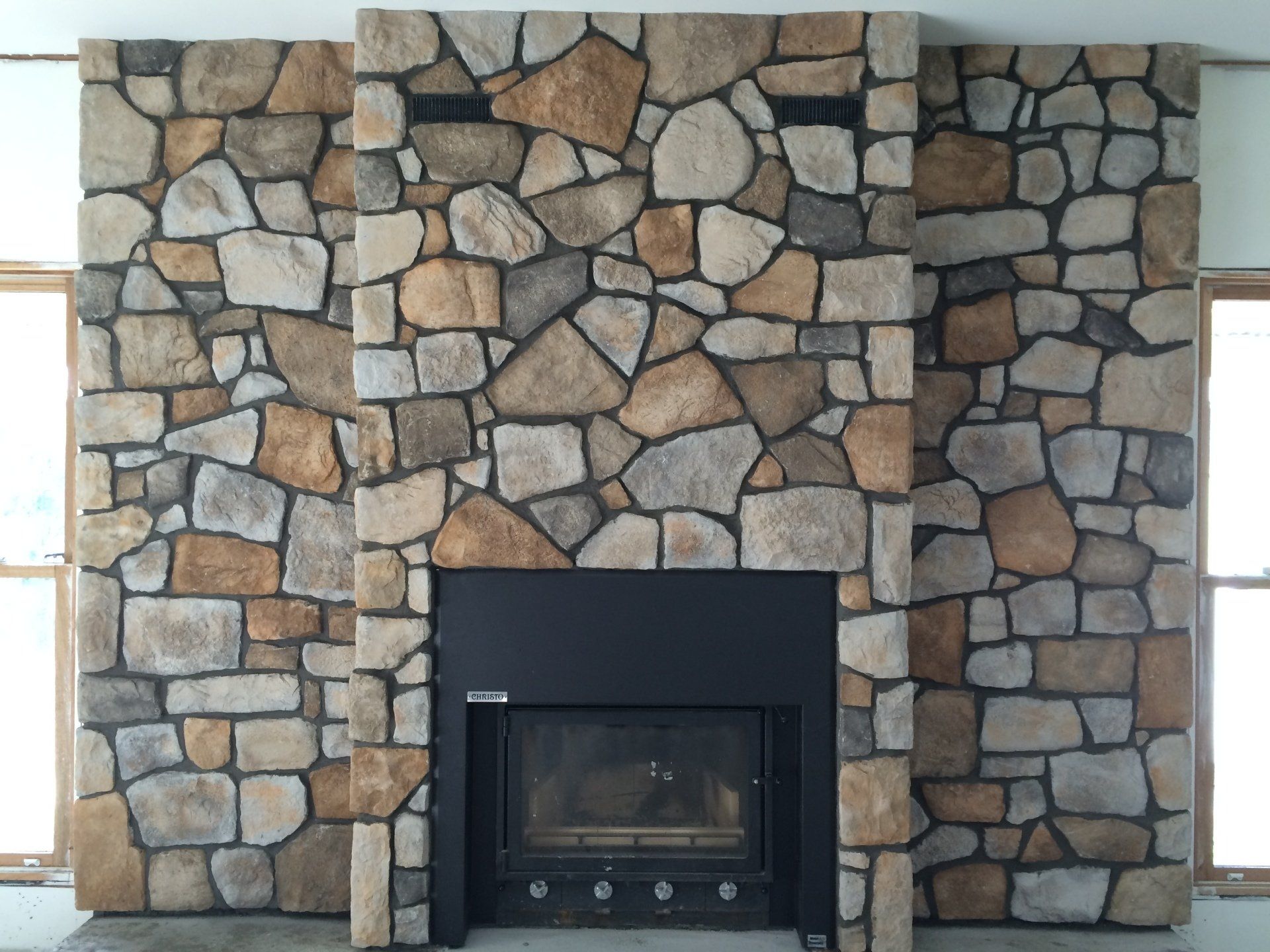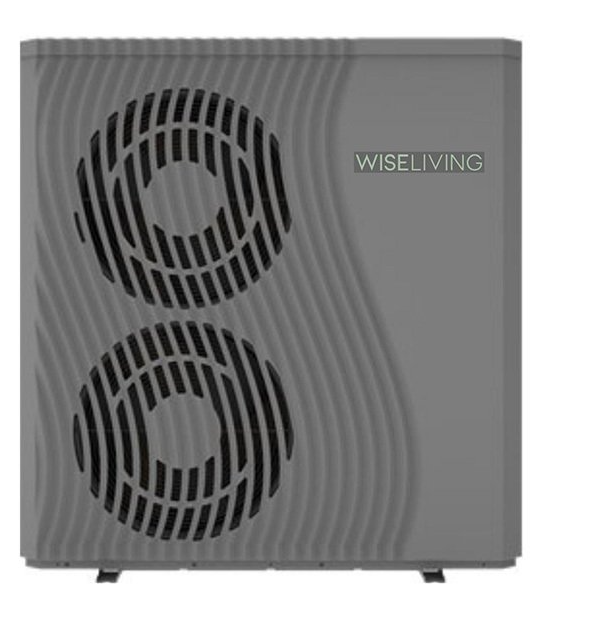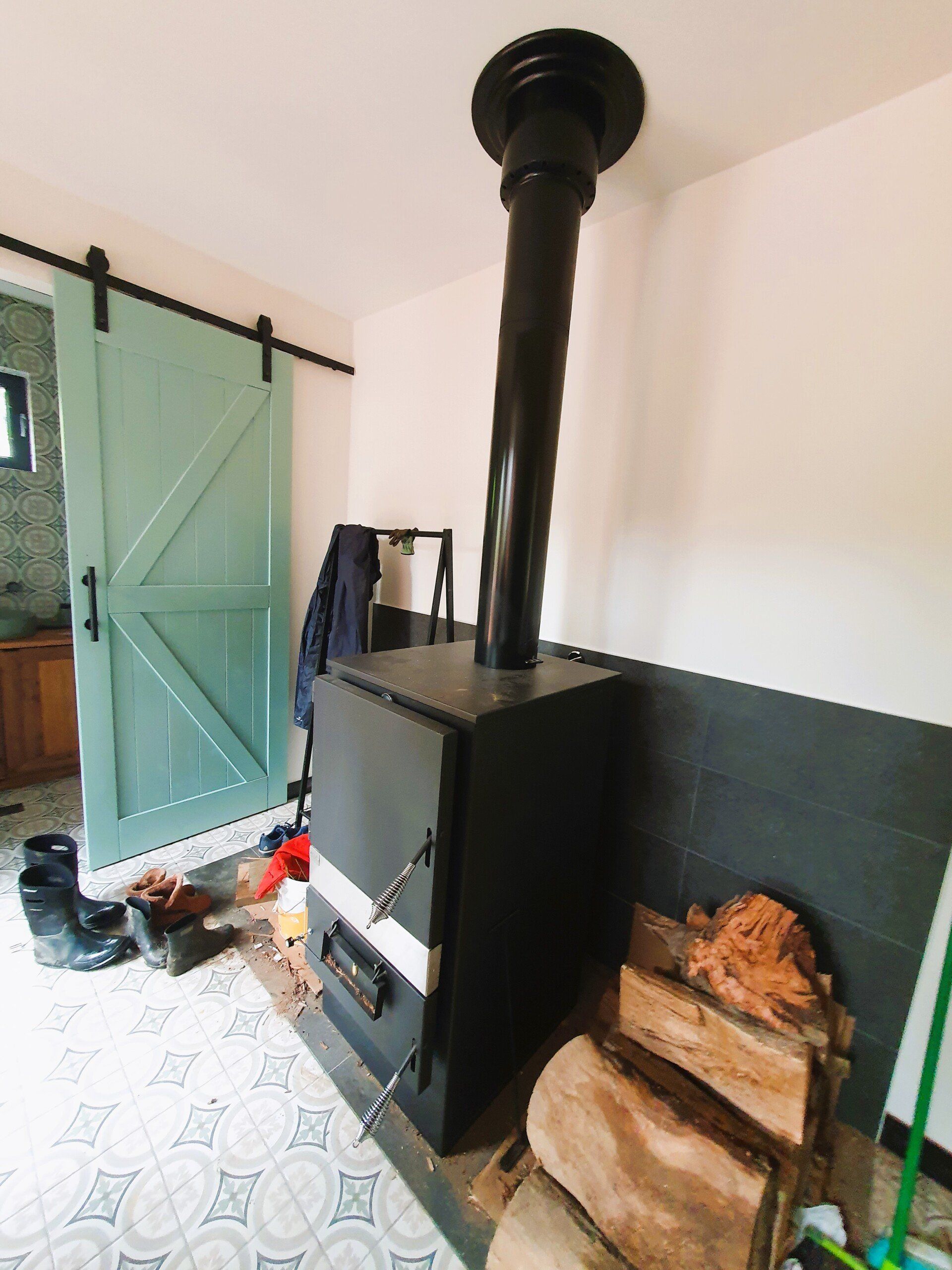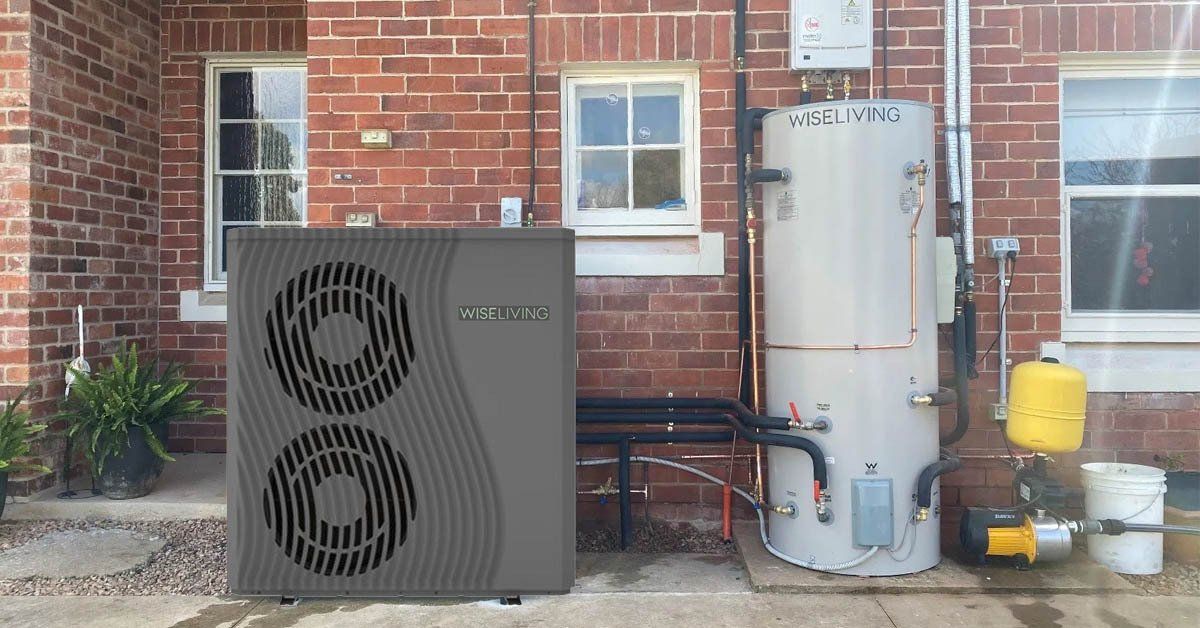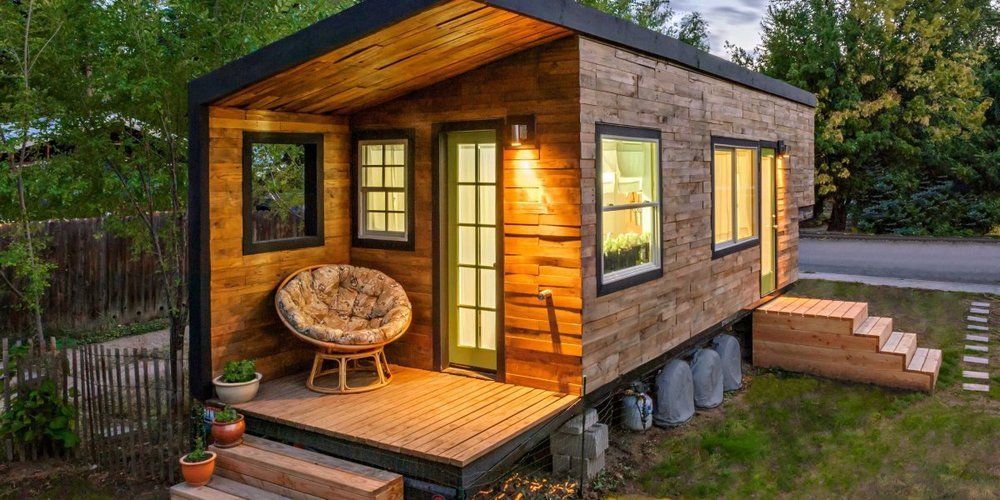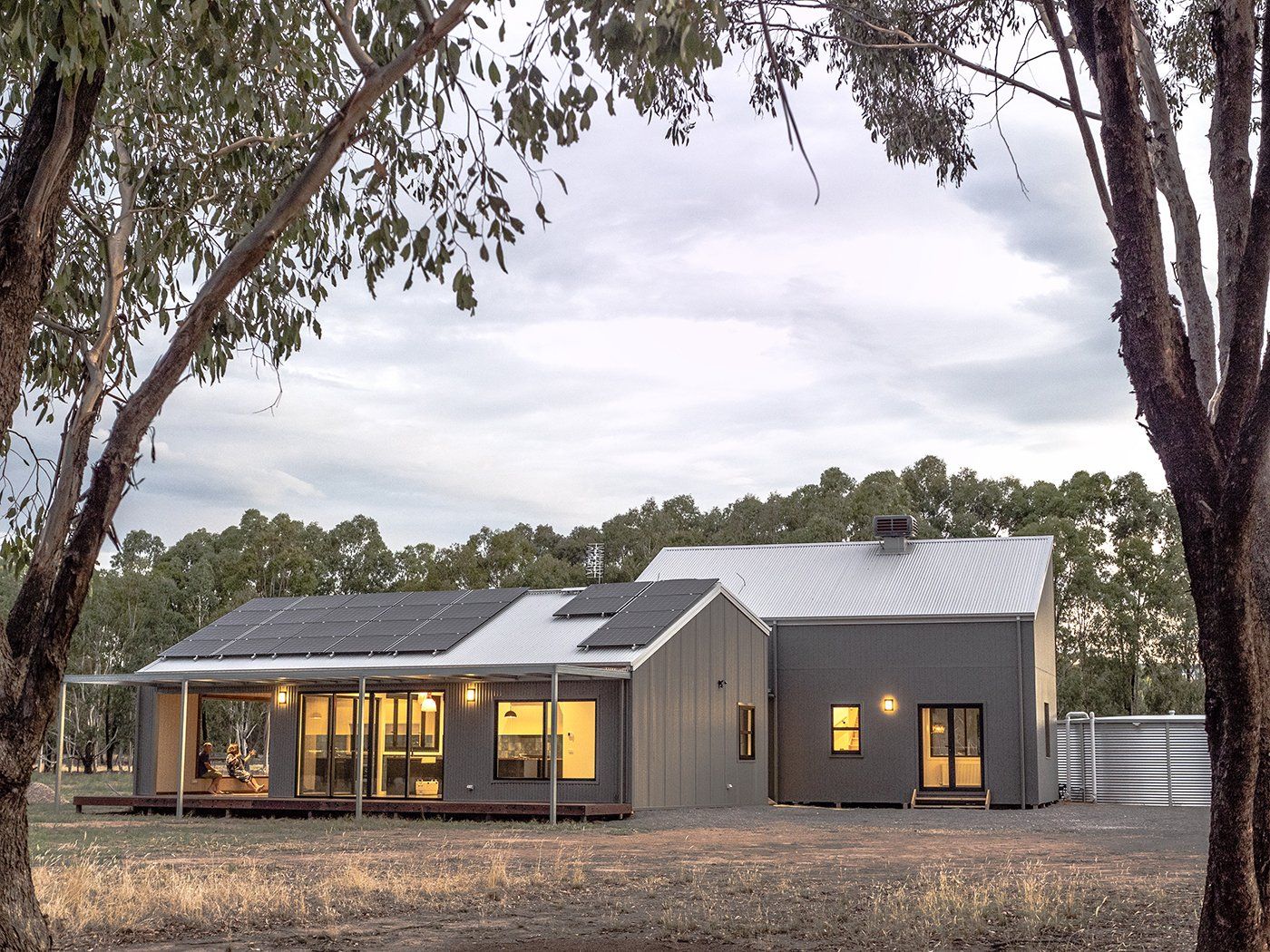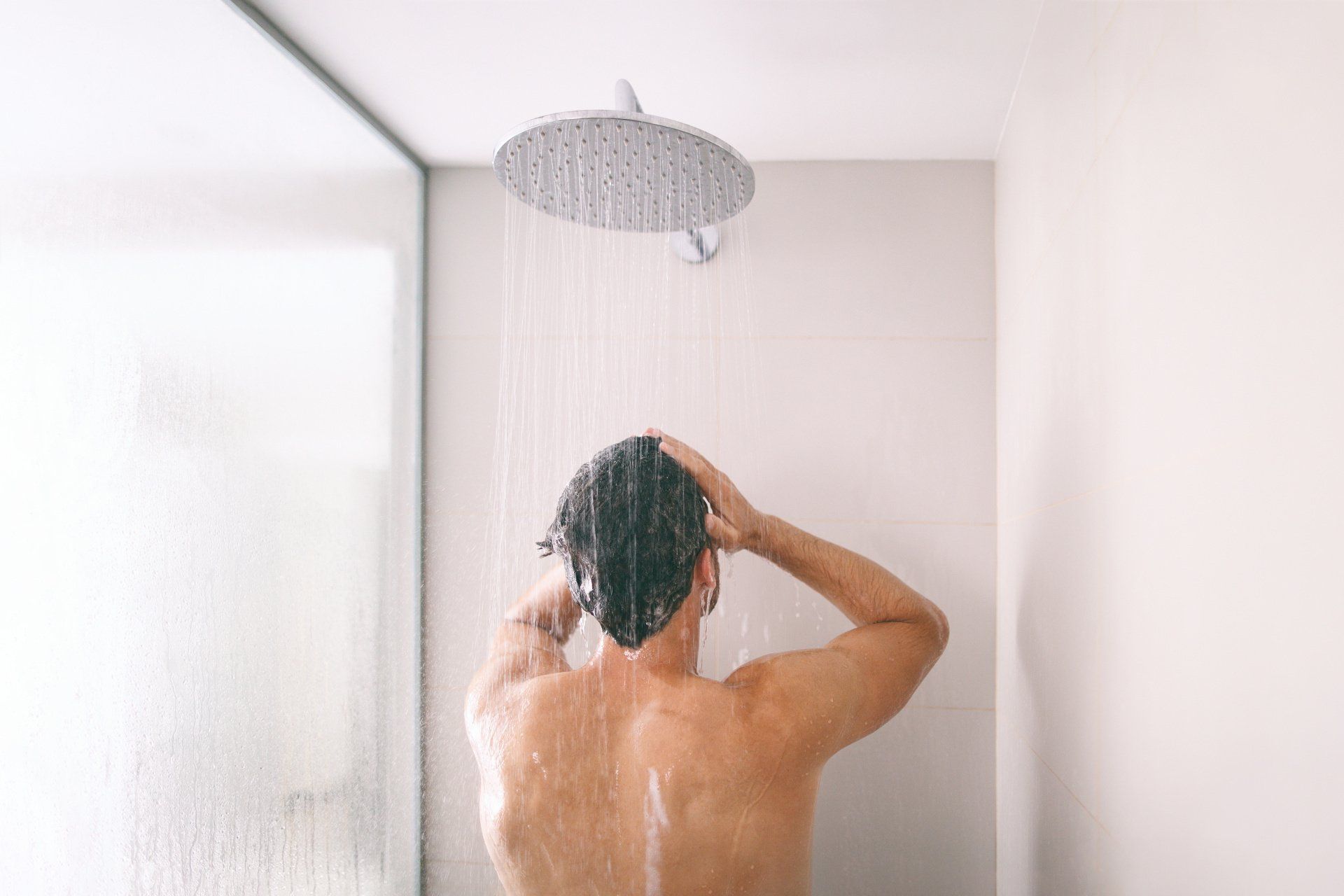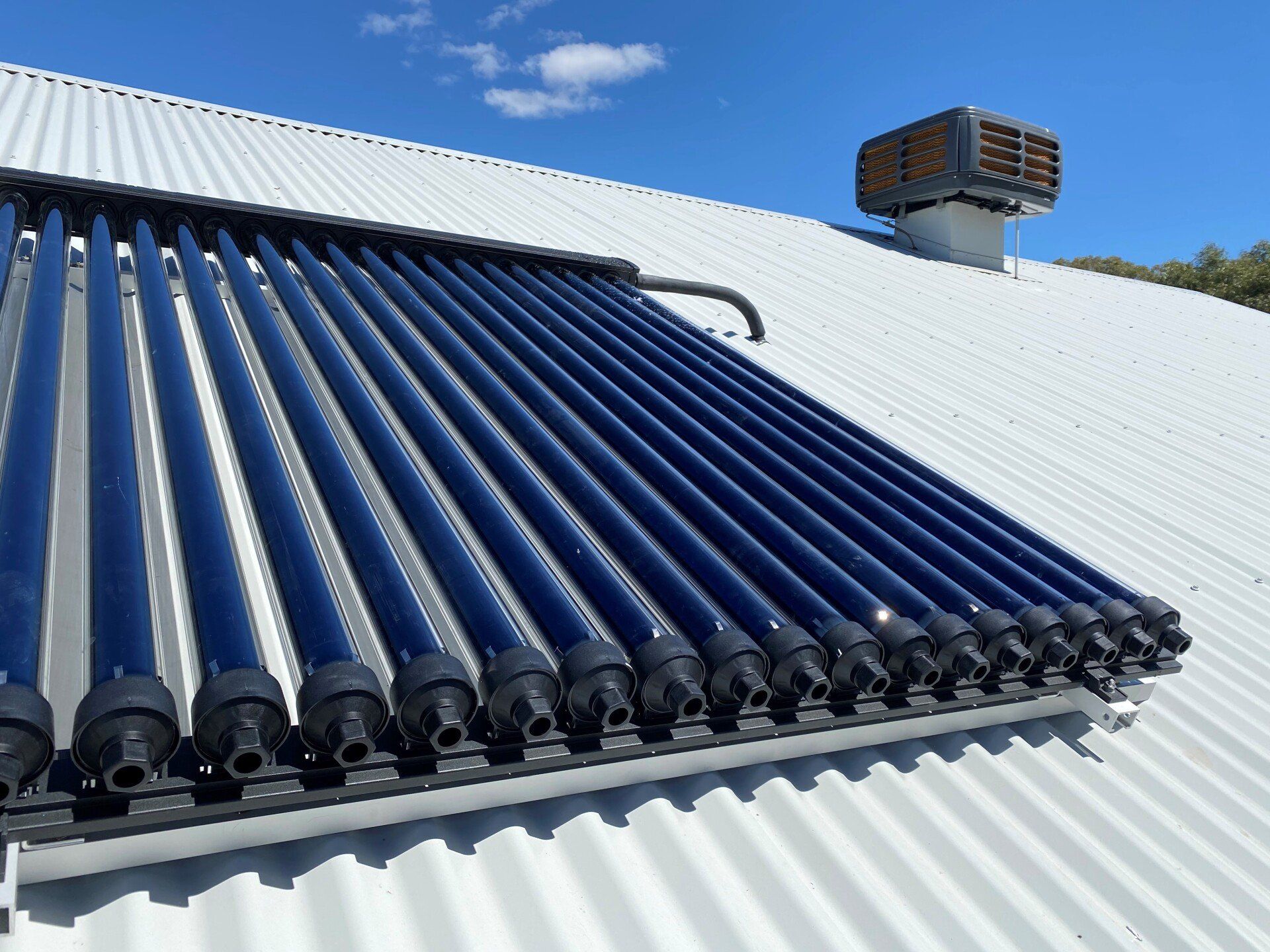Guide to Choosing the Right Heating System for Your Home
When it comes to indoor heating, homeowners have a variety of options to choose from. Choosing one is considered a major decision because aside from the associated installation expenses, the right heating method can also help you save a lot on your monthly energy bills.
Unfortunately, selecting the right indoor heating system for your home isn’t as simple as picking one out from a brochure. You have to consider certain factors first in order to determine which system will be ideal for your home.
With a bit of research, you can easily select the right one according to your needs and preferences. Hopefully, you’ll be able to decide which type of indoor heating system you’ll need for your home after going through the information presented in this guide.
Things To Consider
Available Fuel Sources
One of the things that you have to consider first is the type of fuel source that you can conveniently access and acquire. Nowadays, most major heating systems can be powered using various fuel sources such as wood, electricity, and gas.
Try to determine which fuel source you prefer to use for your indoor heating system. This involves knowing how much the fuel sources costs and where to get them. Narrowing down your preferred fuel can trim down your options for in-home heating.
Required Space
Another factor that you have to consider is the size of the area in your home that you would like the heating system to cater to. For instance, if you’re planning on heating your entire home, then you should go for a centralized heating system. On the other hand, if you only want to heat certain areas, you might want to consider individual room heaters.
The size of the area you want to keep warm is very important since installing a system that doesn’t meet your preferred heat output can cost you even more money down the line.
Budget
Establishing a budget is also an important part of the decision-making process. It will give you a clearer idea of which heating system you’ll be able to get based on how much you’re willing to spend. Aside from the heating unit and system, you also have to consider the costs related to the installation. You might also have to hire the services of professionals to handle certain parts of the project.
Some heating systems are generally more expensive than others. However, they make up for the added cost in installation through the long-term savings you’ll be able to enjoy from your energy bills.
Types To Choose From
Gas Heaters
As its name suggests, a gas heating system is powered by natural gas or LPG. It is very energy efficient as it can provide heat to medium-sized spaces very quickly. It’s also generally cheaper to install and operate compared to other forms of indoor heating.
A ducted system that uses gas as a primary fuel source usually works by absorbing air and heating it in a gas furnace. The heated air is then blown through a network of ducts and vents throughout the house.
Electric Heaters
Electric heaters come in various forms. You can acquire a portable electric heating unit, which you can take to different rooms, or have an entire system affixed to the wall of your home. Similar to gas heaters, electric heaters can also come with ducted systems.
In this type of configuration, the warm air is distributed to different parts of the house using vents and ducts. The temperature maintained by this system can then be controlled using a thermostat. Most electric heating systems are ideal for small to mid-size rooms. They also tend to operate more efficiently if they’re not used for long periods of time.
Hydronic Heating
Compared to other indoor heating systems, hydronic heating is a relatively underutilized form of heating in Australia that can provide centralised heating to your entire house. It works by heating water in a boiler and running it through a series of pipes and radiators. The heat from the water is then evenly distributed as it radiates throughout the house. The system also cycles the heated water repeatedly so re-heating takes less energy, too.
This system can also be powered using different fuel sources. Aside from gas and electricity, you can also choose to have a wood-fired hydronic heating system installed in your house. You can also have hydronic-heated towel rails installed in your bathroom. Aside from keeping your towels warm and dry, these components can help control the humidity in your bathroom and prevent the growth of mould.
Compared to ducted systems, hydronic heating units are safer to operate primarily because they don’t use a fan to push warm air out of vents that may contribute to the spread of bacteria, allergens, dust, and other airborne pollutants inside the house.
